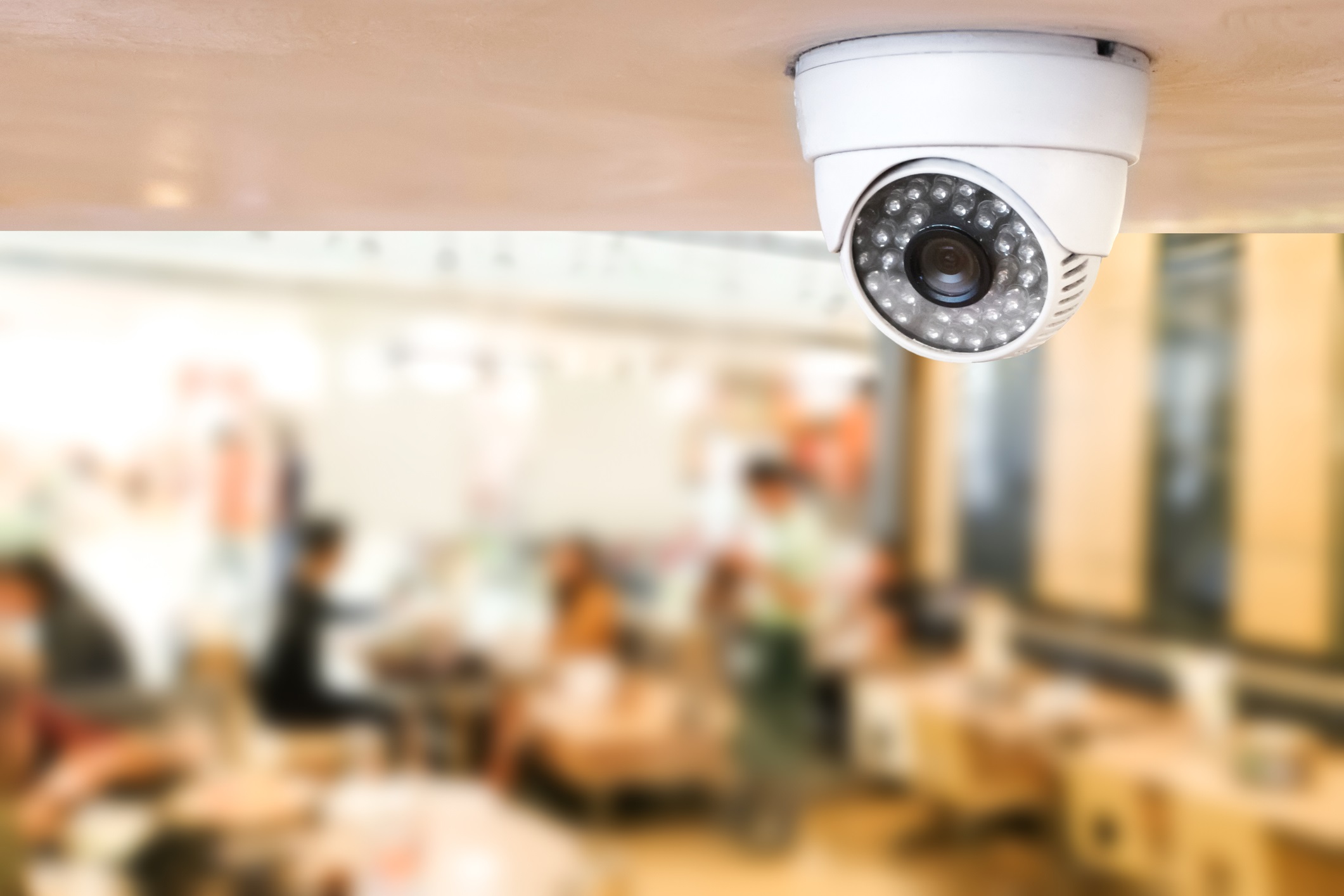weekly checks
While many companies have staff operating on a “working from home” basis leaving premises empty, a strategy needs to be put in place to ensure your business is protected against the threat of fire and theft during this time.
To help support you, we’ve created a free downloadable checklist and detailed below things that you can check on a weekly basis to ensure the safety of your buildings.
TIP: Try not to schedule the tests at the end of the day as if any issues present during the test, you may be subject to out-of-hours call out charges.
Download free weekly checklistFIRE ALARMS
To ensure your business is protected against the threat of fire, you should be testing your fire alarms weekly. Learn what you should be looking for in our short video guide.
What to check
- Ensure your panel is fault free with no system fault lights
- Test all call points on-site in rotation
- Ensure each call point is checked for signs of damage
- Make sure the alarm sounds clearly from each call point
- Record the test in your log book, noting any issues
intruder alarms
As part of your overall security solutions, ongoing maintenance of the Intruder Alarm system is critical during this time.
What to check
- Ensure your detectors are unobstructed
- Check the detectors are clean/dirt free
- Ensure all door and windows locks work
- Make sure there is no equipment inside and outside the building that would provide intruders with access to windows/flat roofs
- Ensure all user fobs and codes work correctly
- Confirm your key holder details are correct
- Check system user logs for events
Alarm Monitoring
When a site is unoccupied, during the Covid-19 pandemic, push-button fire alarm systems fail to be an effective means to alert people and services as there is nobody around to hear the warning sirens.
Alarm monitoring promptly alerts a dedicated receiving centre when an alarm is activated. This centre automatically and immediately alerts the fire authorities and or designated key holders to the fire situation.
Now is the time to check that your building’s fire alarm and or security system is being monitored 24 hours a day, seven days a week. By doing a test on your alarm and ringing your dedicated receiving centre to make sure they’ve received the alert, will ensure that your extra layer of protection is working and that key personnel will be contacted immediately in the event of a real fire or break-in.
Sprinklers
Sprinkler systems save lives and save properties. According to the technical bulletin 203, weekly routines shall be carried out at intervals of no more than seven days by a competent person.
What to check
General Checks
- Check the water and air pressure gauge readings on installations, trunk mains and pressure tanks and review against previous results
- Correct the position of all stop valves
Pump Test
- Simulate a pressure reduction in the small bore pump initiation assembly on the pump delivery trunk main
- Check and record the starting pressure
- Allow a diesel engine driven pump to run for 30 minutes, check all fluid levels and pressures and note any defects
- Allow an electric engine driven pump to run for 15 minutes and note any defects
- Check there is cooling water flowing
- Check that all associated visual and audible alarms operate satisfactorily
- For diesel pumps, complete the automatic restart test
- Complete general battery, pump and pumphouse checks
Water Supply/Tanks
- Check water levels have not dropped
- Examine the condition of any water storage tank and access ladder and note any defects
- Check any trace heating and lagging if installed
Control Valves
- Note the pressure registered on the gauges below and above the valve
- Open the test valve fully and confirm the time taken for the alarm gong to sound
- Allow the gong to sound for at least 30 seconds
- Close the test valve
- Note the pressure registered on the gauges below and above the valve
- Check for correct alarm signal transmission
- Complete general condition checks
- Confirm all valves are padlocked in the correct position
All checks should be recorded in your weekly log book.
CCTV
Having visibility of who is on-site and their activity whilst there is vital during this time.
What to check
- Check that your cameras NVR/DVR recording remains in place
- Ensure cameras view correct areas
- Make sure external detectors are unobstructed and dirt free

Access Control
With any electrical system, Access Control requires ongoing maintenance to ensure good working order.
What to check
- Check all locks are secured safely
- Ensure doors still open and close properly with their door closers
- Make sure all fobs work correctly
It’s important to remember that more in-depth checks must be carried out by a competent technician.
At Churches Fire & Security we have the qualifications and experience to help you meet your fire safety duties, whilst ensuring compliance to the relevant standards.
Contact Us


